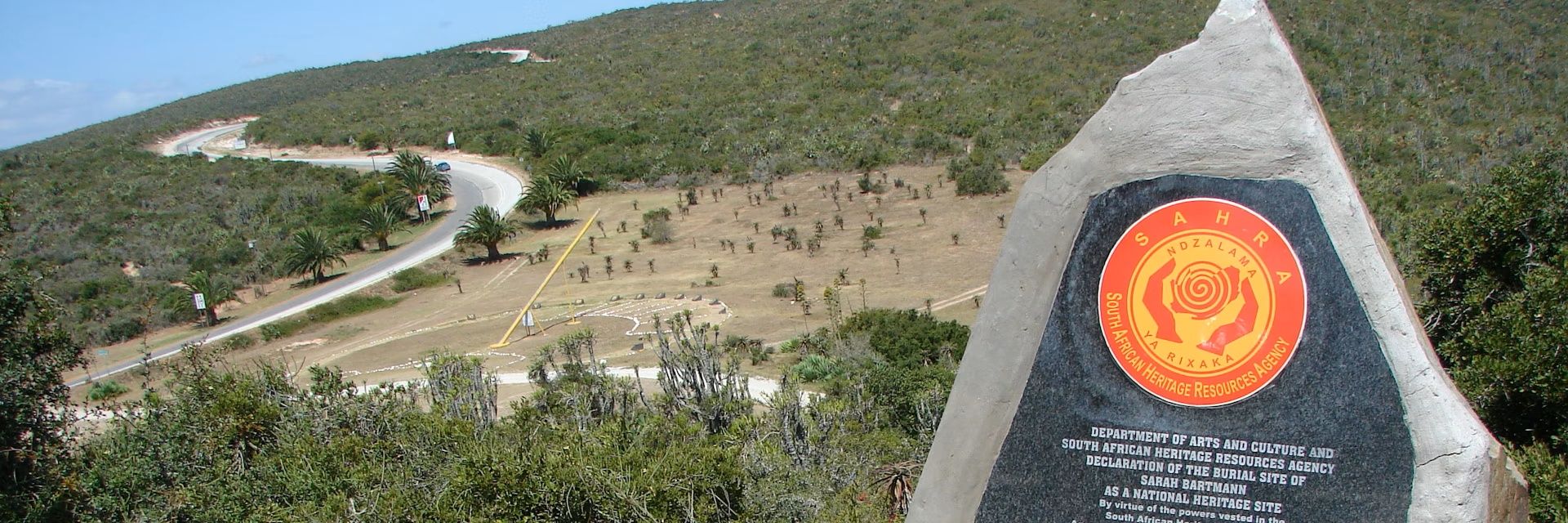
“Our heart beats in the womb of the world.” That’s one of the most memorable quotes that stuck with me one Sunday afternoon. After waiting for 13 years of script-writing, shooting, and editing, I finally got to bear witness to the much-anticipated movie of 2022, Avatar: The Way of Water. I was seated in the middle of the cinema, popcorn in hand, eyes glued to the large cinema screen. I was immersed in the movie’s vast forests, oceans, magnificent sea and land creatures brought to life by its beautiful cinematography and special effects.
The film is set in Pandora, a faraway planet where a group of humanity has migrated from their dying Earth to exploit its abundant resources, notably a rare substance known as unobtanium. The film tackles the human exploitation of the environment and the impact of such acts on both the planet and its people through its inventive and aesthetically breathtaking world-building.
Avatar: The Way of Water contrasts the destructive actions of humans with the conservationist principles of the Na'vi people, who are the native inhabitants of Pandora. The Na'vi people have a deep spiritual connection to their environment, and their way of life is closely tied to the health of the planet. Throughout the film, they seek to protect their home from further harm, and band together to fight against the humans' exploitation of Pandora's extensive resources. In a poetic speech uttered by one of the main characters named Tsireya, she says “Our heart beats in the womb of the world.” True to her words, all living creatures, humans as well, are born on the planet Earth and their hearts beat within Earth. As the Na’vi in the movie see the creatures and themselves as children of Pandora, we humans are also children of Earth.
The main subject showcased by the director, James Cameroon, is the issue of environmental exploitation. The humans in the film use heavy machinery and technology to extract unobtanium from the depths of Pandora's forests and oceans, causing widespread destruction and disruption to the delicate balance of the ecosystem. The film portrays the environment as being closely tied to the spiritual balance of the planet, and the humans' actions are shown to cause significant harm to the natural beauty of Pandora and its unique and diverse species.
Another important point conveyed by the film is the influence of human activities on climate change. The degradation of Pandora's ecology alters the planet's weather patterns and results in the loss of its natural resources, putting the entire ecosystem in jeopardy. It depicts how human beings, motivated by greed and a desire for materialistic wealth, disregard the long-term ramifications of their actions and place their interests ahead of the preservation of the world.

The film delves deeper into colonialism and environmental injustice. In the film, humans are portrayed as colonialists who come to a strange country to plunder its riches and remove its inhabitants. It emphasises the consequences of such measures on the Na'vi people, who are evicted from their homes and forced to live in a strange environment far from their ancestral grounds. The film claims that this form of exploitation is not only harmful to the environment but also unfair since it disregards the rights and interests of the indigenous peoples who live in Pandora.
With the majority of the scenes in the movie focusing on the exotic ecosystem of Pandora and its lush flora and fauna, Avatar highlights how human beings’ interference has catastrophic consequences on the entire planet. The large burning of the forests led to the displacement of the indigenous people. The director uses emotional and visual angles to show the beauty and wonder of the natural world. From the large whales of the ocean to the huge birds of the forest, Avatar makes you fall in love with the environment and fills your heart with rage when you see humans intentionally destroying it. The human destruction of nature in Pandora resulted in grave consequences, with all animals and natives of that world going on an all-out war with human invaders, leading to a catastrophic loss of human life, portraying the grave repercussions of interfering with the environment.
Similarly on Earth, with the rapid development and industrialisation on our planet, there is extensive deforestation and increased pollution both on land and water. Overfishing on sea coupled with poaching on land has also led to the killing of endangered species for money. As a result, there has been climate change characterized by increased temperatures, destruction of the ozone layer, irregular seasons, and an increase in environmental toxic levels.
The film suggests that the Na'vi people are an example of how human society should view and interact with nature. Their respect for the environment and their belief in the interconnectedness of all life is a stark contrast to humans' disregard for the consequences of their actions. The film encourages viewers to consider the importance of preserving the natural world and its resources for future generations and to consider the long-term impact of our actions on the environment.
Avatar: The Way of Water is a powerful, thought-provoking, and entertaining movie that I would not mind seeing for the second and third time regardless of its 3-hour runtime. You do not notice the time flying by as the director made sure to immerse you deep into the world of Pandora in every minute of the film. The dialogue in the film is also worth noting, as the characters throw in some powerful quotes along the storyline. As the movie ended and the end credits rolled up the screen, I stared blankly at the screen, with my mind still wandering in Pandora and contemplating the fate of the characters. James Cameroon made Avatar: The Way of Water as though his rent was due, and he indeed delivered one of the most visually and emotionally breathtaking films of the decade.





